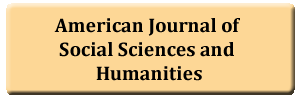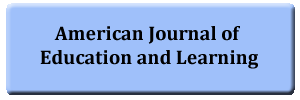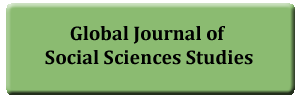Social media utilization for instructional delivery and student assessment in Obio Akpor secondary schools, rivers state: Types, extent, and challenges
DOI:
https://doi.org/10.55284/ajce.v8i2.1511Keywords:
Assessment, Digital resources, Digitalized society, Instructional delivery, Social media, Secondary schools.Abstract
This study investigated the utilization of social media for teaching and student assessment among secondary school teachers in Obio Akpor, Rivers State, focusing on the types, extent, and challenges associated with it. The study has five research questions and four hypotheses. The study employed a descriptive survey, and 156 teachers from private and public schools were selected using a stratified random sampling technique. The researchers collected data through a structured questionnaire titled "Teachers’ Social Media Utilization for Instructional Delivery and Student Assessment Questionnaire (TSMUIDSAQ)". The researchers used Cronbach's alpha to assess the instrument's internal consistency, achieving a reliability coefficient of 0.94. Data was analyzed using frequency, simple percentage, mean, standard deviation, one-way, and two-way Analysis of Variance. The results showed that WhatsApp is the most used social media platform for instructional delivery and assessment, followed by Facebook, YouTube, Telegram, and LinkedIn, respectively. There was a significant influence in the extent of using social media for instructional delivery and assessment among secondary school teachers in Obio Akpor, Rivers State; gender and school type had a significant interaction on the extent of social media use for instructional delivery and assessment, and there was a significant influence of gender and school type on the levels of challenges experience, but there was no significant interaction influence. The recommendations include that school administrators provide digital resources that enhance social media utilization for instruction and ensure that female teachers have access to and effectively use them.



